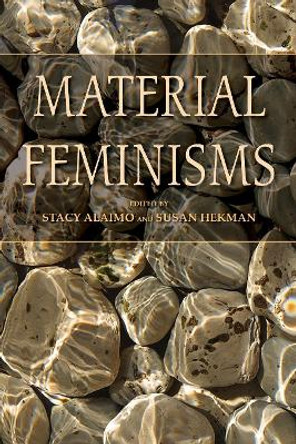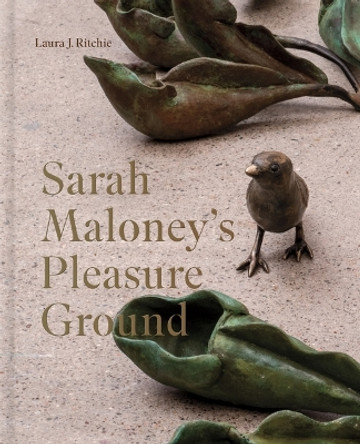Description
From "Mother Earth" to "Mother Nature," women have for centuries been associated with nature. Feminists, troubled by the way in which such representations show women controlled by powerful natural forces and confined to domestic space, have sought to distance themselves from nature. In Undomesticated Ground, Stacy Alaimo issues a bold call to reclaim nature as feminist space. Her analysis of a remarkable range of feminist writings-as well as of popular journalism, visual arts, television, and film-powerfully demonstrates that nature has been and continues to be an essential concept for feminist theory and practice.
Alaimo urges feminist theorists to rethink the concept of nature by probing the vastly different meanings that it carries. She discusses its significance for Americans engaged in social and political struggles from, for example, the "Indian Wars" of the early nineteenth century, to the birth control movement in the 1920s, to contemporary battles against racism and heterosexism. Reading works by Catherine Sedgwick, Mary Austin, Emma Goldman, Nella Larson, Donna Haraway, Toni Morrison, and others, Alaimo finds that some of these writers strategically invoke nature for feminist purposes while others cast nature as a postmodern agent of resistance in the service of both environmentalism and the women's movement.
By examining the importance of nature within literary and political texts, this book greatly expands the parameters of the nature writing genre and establishes nature as a crucial site for the cultural work of feminism.
About the Author
Stacy Alaimo is Professor of English and Distinguished Teaching Professor at the University of Texas at Arlington.
Reviews
Undomesticated Ground explores a dazzling array of feminist texts that endeavour to inhabit and transform nature as a place of feminist possibility. Throughout, Alaimo remains sensitive to the pitfalls of any alliance between women and nature. The texts are grouped chronologically and thematically, and each is carefully considered in relation to its social and historical moment.
-- Meredith Criglington * Canadian Literature *Stacy Alaimo challenges essentialized conceptions of nature in Undomesticated Ground, calling for nature's reclamation as feminist space.... Alaimo persuasively asserts that feminism will benefit from a more complex understanding of nature's multiple and, at times, contradictory representations.... Her work importantly lays the groundwork by which we can articulate essentialized notions of nature, disrupt them, and then question the framework of dualisms that guides our inquiry.
-- Maureen McKnight, University of Wisconsin * ISLE: Interdisciplinary Studies in Literature and the Environment *Undomesticated Ground is an important and informative book, and it should set the stage for an enlivened discussion of nature and feminism.
* Choice *Alaimo's Undmesticated Ground: Recasting Nature as Feminist Space ... takes on the important work of dismantling nature-culture dualisms in which culture is viewed as dynamic and nature as static.... Alaimo offers feminists an alternative path in which boundaries between human and nonhuman nature are permeable but not completely collapsed.
-- Shannon Sullivan * Hypatia *Students of nature writing, women's literature, and more familiar forms of imaginary domesticity will find rich insights in Undomesticated Ground.
-- Barbara Ryan, University of Missouri * American Literature *Throughout the book, Alaimo shows that women have made subversive use of the particular literary, political, and gender conventions around them to create spaces for and threads of women's liberation that do not rest on a separation from nature.... These insights are complex and generative, and I found Alaimo's analysis to be rich and thought-provoking.... In both form and content, then, this is an important book for ecological scholars of all traditions. Read it with pleasure.
-- Catriona Sandilands, York University * Environmental Ethics *Book Information
ISBN 9780801486432
Author Stacy Alaimo
Format Paperback
Page Count 240
Imprint Cornell University Press
Publisher Cornell University Press
Weight(grams) 454g
Dimensions(mm) 229mm * 152mm * 18mm







